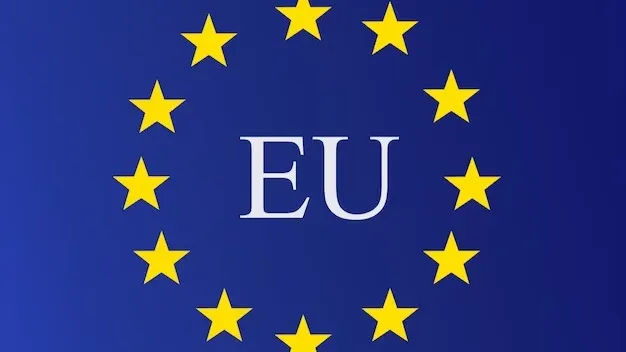The European Commission has taken a significant step under the EU’s Digital Services Act (DSA) by sending information requests to 17 tech companies identified as very large online platforms (VLOP) and search engines. The targeted companies include AliExpress, Amazon’s Amazon Store, Apple’s AppStore, Booking.com, Meta’s Facebook and Instagram, Alphabet’s Google Search, Google Play, Google Maps, and Google Shopping, along with Microsoft’s LinkedIn and Bing, Pinterest, Snapchat, TikTok, YouTube, and Zalando.
The European Union has instructed these companies to furnish additional information by February 9 regarding the measures they have implemented to grant researchers access to data relevant to upcoming EU and national elections. Additionally, the companies are expected to detail actions taken in countering illegal content and goods sold online.
The Digital Services Act, enforced in November of the previous year, mandates that very large online platforms and search engines intensify efforts to combat illegal content and threats to public security. This move by the Commission marks a significant enforcement action under the DSA, as it initiated its first probe in December 2023 against social media company X over suspected breaches of its obligations.
The new regulations aim to ensure greater accountability from large tech companies with regards to the content shared on their platforms. It signifies a concerted effort by the EU to crack down on the spread of misinformation, illegal goods, and other threats to public safety. With the rise of online platforms as the primary source of information for many people, the need for tighter regulations to combat harmful content has become increasingly apparent.
Opinions on the topic are divided, with some applauding the EU’s efforts to hold tech giants accountable for the content shared on their platforms. Critics, however, argue that the regulations could stifle innovation and freedom of speech online. It remains to be seen how the tech companies will respond to the information requests and what implications the enforcement of the DSA will have on the digital landscape in the EU.


